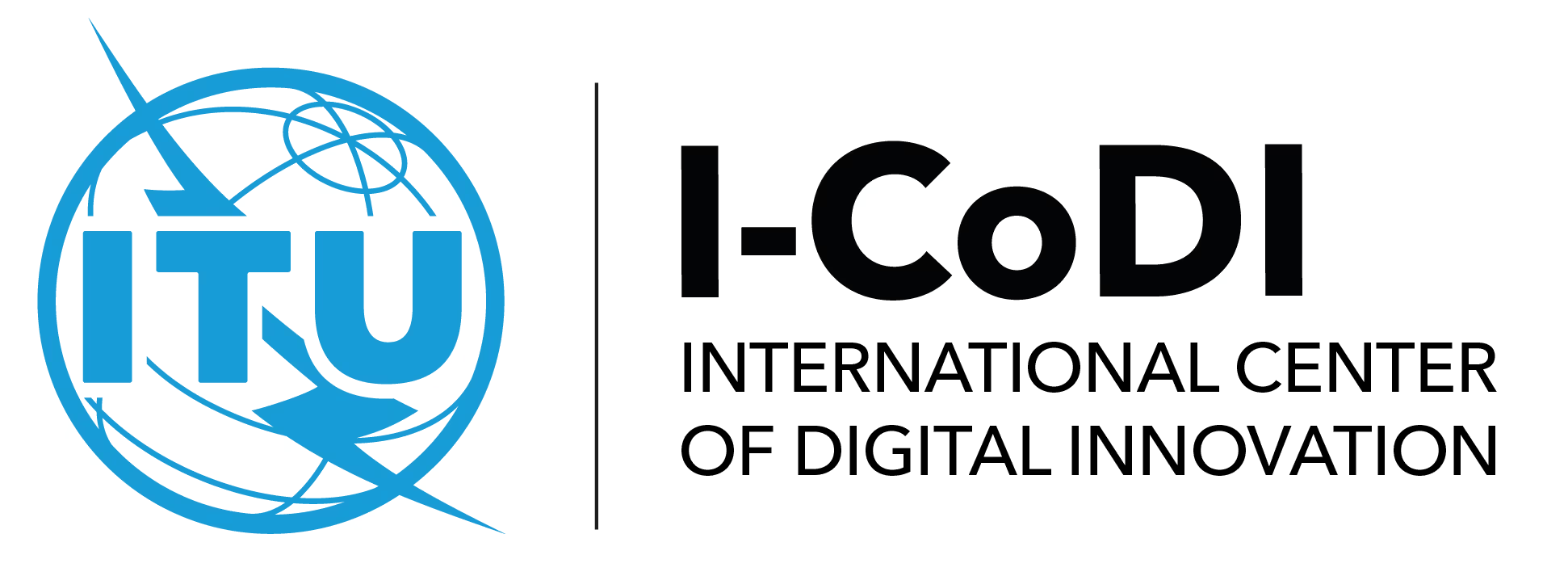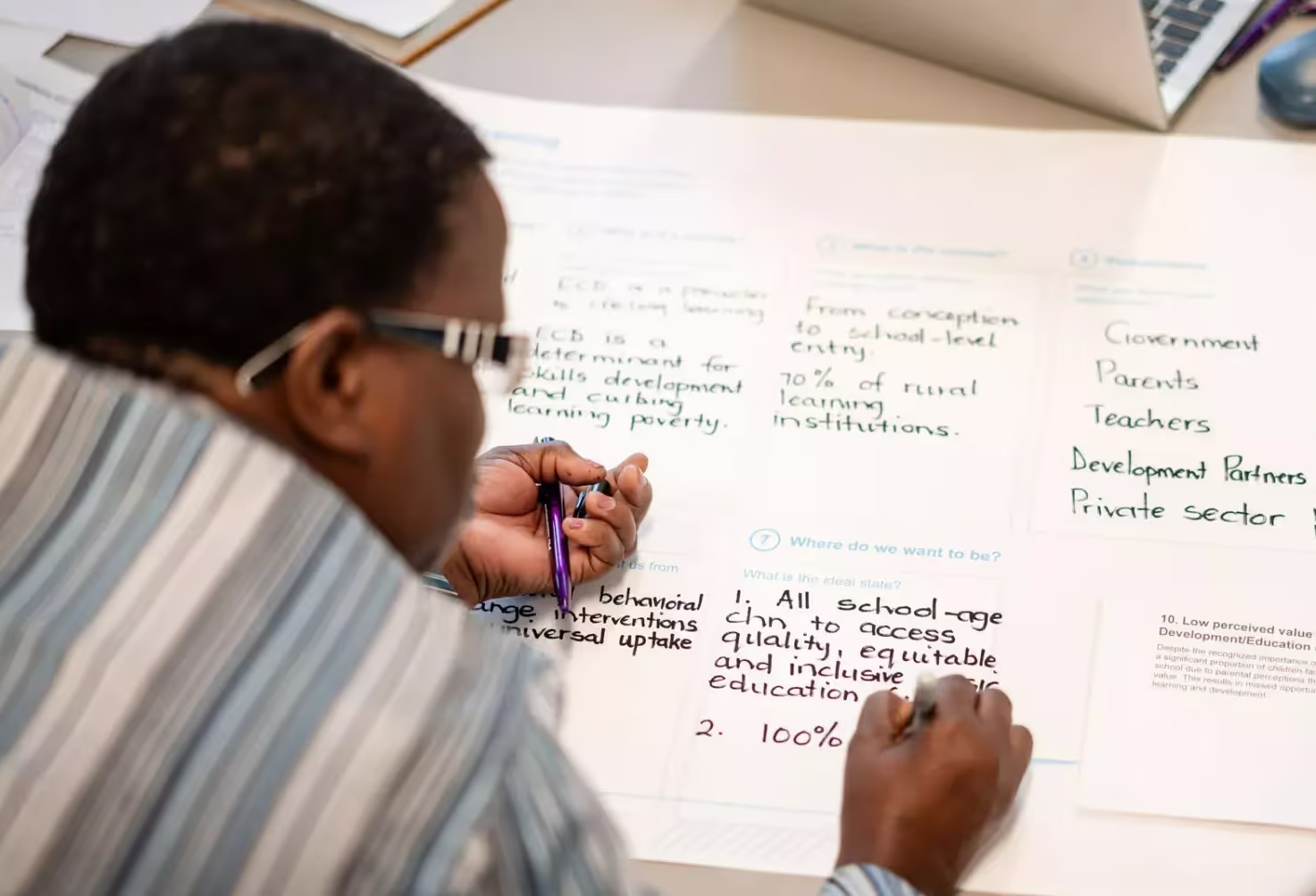ITU International Centre of Digital Innovation (I-CoDI)

I-CoDI seeks to help close the digital innovation divide by providing a safe co-design space for ITU Members and other stakeholders to develop innovative strategies that accelerate digital transformation and the achievement of the Sustainable Development Goals. I-CoDI is now developing a network of ITU regional offices (MENA, Africa and Asia Pacific Region) and partners that use I-CoDI’s co-design toolkit and its approach to bring ITU resources, ITU expertise and stakeholders together and co-create solutions to challenges that Member States in the region have better, faster and in a cost-efficient manner. ITU’s International Centre of Digital Innovation (I-CoDI) provides a model for co-designing with a set of processes aiming to build synergies between stakeholders, increase speed, productivity, innovation and deliver outcomes with tangible impact in the region. It encompasses a set of tools and methodologies each catered to target and resolve common and frequent challenges for meaningful connectivity in the regions.


.avif)

